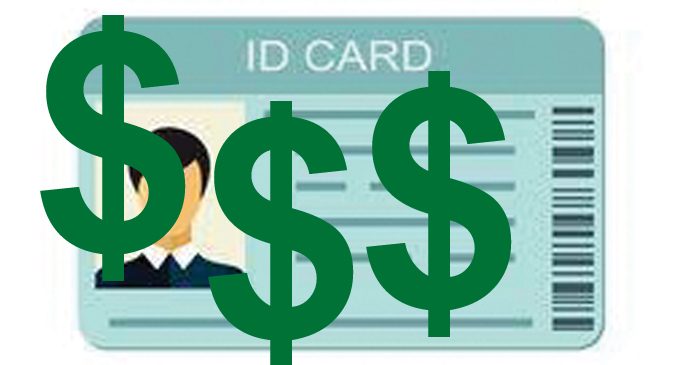Commentary: Details of what the photo ID amendment will cost

By the NC Justice Center
RALEIGH – A new report from the Budget & Tax Center on the proposed N.C. constitutional amendment to require a photo identification at the voting booth provides preliminary estimates of the costs to state and local governments and, thus, to all taxpayers, as well as the specific costs to individuals who currently don’t have identification.
The cost of implementing a photo identification requirement could be $12 million if the state commits to providing a free identification option, which remains unclear in the ballot language. For individuals who are registered voters without identification, estimates show the costs could range from $18 million to $25 million, depending on factors such as travel times to DMV offices and wait times.
Some key points in the new report by the Budget & Tax Center, a project of the NC Justice Center:
*The costs to all North Carolinians could be approximately $12 million. The state would need to fund additional staff and education efforts as well as, likely although it is not stated that it will in the ballot language, provide a free identification card and thus cover the costs of printing and delivering them. It is likely as well that the state would face litigation once the specifics are detailed, which would contribute to the costs.
*It could cost more than that due to uncertainties around the proposed amendment. There is a lack of clear language in the ballot and the resulting need for additional action by the legislature to define implementation of the change, should voters approve it in November. The uncertainties include whether the state will provide an identification card with no fee, the types of acceptable identification that will be allowed, the ability for North Carolina voters to receive an identification by providing necessary supporting documents without paying a fee, and the degree to which North Carolina will commit to educating voters, providing staffing to address wait times, and printing and processing provisional ballots for voters without identification.
*These costs come at the expense of investments that build thriving communities. These costs come at a time when austerity provides little ability to absorb additional costs without raising taxes and fees or cutting other services. These costs will therefore necessitate trade-offs with other priorities of the state such as expanding opportunities for young children to get a quality early education or for older North Carolinians to get food and care in their home. It could go some way toward addressing the lack of investment in K-12 classrooms and help in the rebuilding effort after Hurricane Florence.
*Voters in every community would be impacted by this requirement, but voters of color would be particularly affected and voters of all races in rural communities would face higher costs. For the more than 218,000 individuals in North Carolina who are currently estimated to not have acceptable identification, the costs of securing one could be a hit to family’s weekly budgets. A preliminary estimate of these additional costs to individuals is between $18.9 million and $25.2 million. These costs will be disproportionately borne by people of color, and, while individuals without identification live in communities across the state, costs are also higher for individuals in rural communities as elections are generally more costly to administer in those places and individuals will have to travel further to reach an offices.
“The costs of an ID requirement at the voting booth are great and unnecessary,” said Alexandra Sirota, Budget & Tax Center Director and co-author of the report. “These costs will divert resources away from community and family priorities that strengthen our collective well-being in North Carolina and help us realize our full economic potential.”
The NC Justice Center is a nonpartisan organization that works to eliminate poverty in North Carolina by ensuring that every household in the state has access to the resources, services and fair treatment it needs to achieve economic security.











